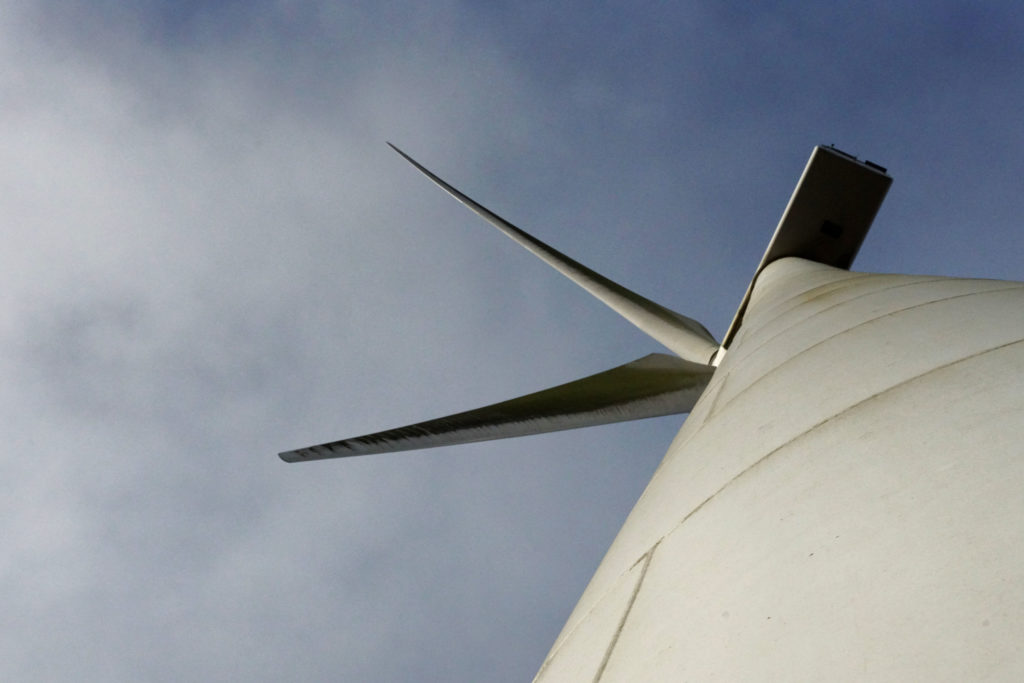Despite the constant talk that the future of all vehicles is electric, there is an emerging alternative narrative which centres around the the use of synthetic fuels.
Kohler is the latest company to join this movement with its announcement that it will be supporting attempts to promote the use of synthetic fuels made with renewable energy.
eFuel Alliance
The movement is being led by a German-based lobbying organisation formed in June of 2020, which calls itself the eFuel Alliance.
The group sets out its objectives as the following:
“The eFuel Alliance is committed to the expansion and promotion of the global production of eFuels and to their widespread use in many sectors. Our goal is for eFuels to gain political acceptance and regulatory approval as a significant contributor to sustainable climate protection.”
eFuels, in this case, being defined as those that are “synthetic liquid fuels from renewable energies and sustainable biomass”.
The organisation expands the concept further when it notes that eFuels are a combination of hydrogen and carbon dioxide (CO2) from the atmosphere, this last point being important as it underlies its approach to worldwide carbon management.
Turning the tide
Although much despised by many environmentalists, the internal combustion engine (ICE) still has an awful lot going for it.
It is an established and still evolving technology that has undergone great gains in efficiency, while at the same time achieving tremendous reductions in emissions over the years.

Moreover, it uses a system of energy storage that has a high density and is supported by an existing distribution infrastructure.
The eFuel alliance is seeking to build upon these strengths by combining the generation of electricity from renewable resources with the efficient storage and distribution solutions offered by carbon-hydrogen based fuels.
Synthetic fuels as additional tool
It claims not to be seeking to stifle the development of battery powered vehicles, rather, it sees renewable carbon-based fuels as an additional tool in combating the rise in atmospheric CO2 levels.
To this end, it is making several demands of European governments. These centre around its desire to see eFuels being considered as an essential part of the attempt to reduce the release of carbon into the atmosphere.
Presently, the emphasis of legislation is on switching to battery powered vehicles, but this does not come without a host of problems, not least being the supply of the materials required for li-ion battery production.
An uphill task
The alliance obviously feels that it has something of a struggle on its hands to combat this trend.

It therefore refers to producing hydrogen from sustainable electricity generation which, when combined with CO2 already present in the atmosphere, creates fuels which can be engineered as a straight drop in replacements for those already in use.
The cost of synthetic fuels is addressed with the group claiming that the increasing inclusion of synthetic fuels will not increase prices at the pump under present tax regimes.
Farm residue not neglected
The production of synthetic fuels from biomass is also promoted by the group which lists food waste, wood processing residue and cover crops as potential feedstocks.

Kohler is just one of many major companies backing this initiative. Other members include ExxonMobil, Mazda, Iveco and Neste. The latter already supplies 20% of Finland’s diesel requirements from the conversion of waste food products.
Oranges are not the only fruit
Electrification of vehicles is constantly touted as the only way forward, yet there is a growing realisation that it is not a universal panacea, not least by engine manufacturers who are continuing to invest in the ICE.
AGCO Power has recently spent €1 billion on a new family of engines capable of running on a variety of fuels, while JCB has decisively plumped for hydrogen as an alternative to diesel.
It would appear that the onslaught of battery power for everything now has a competing technology, one that is more convenient and cheaper to implement.
